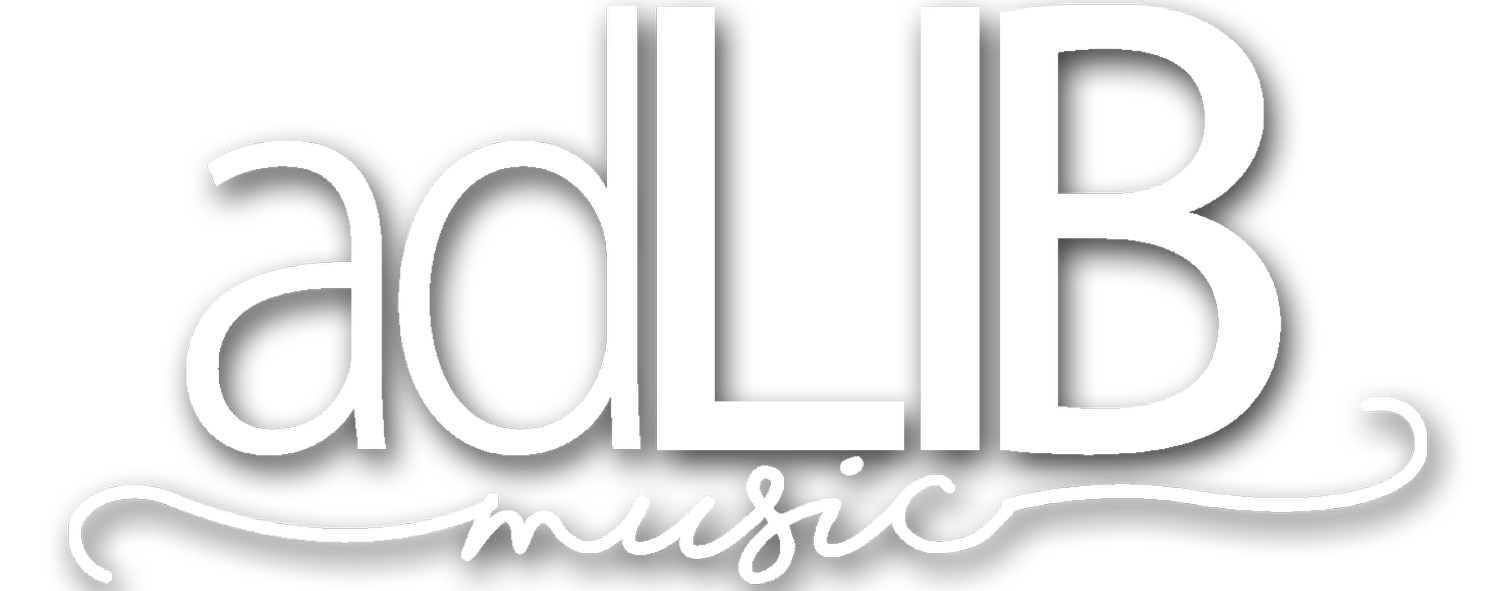3 Rehearsal Techniques
Do you love rehearsals as much as I do? I admit sometimes they are more fun than the actual service.
But sometimes… they are a bear! Inefficient and monotonous, I can’t wait until they’re over. I’m sharing three techniques to help improve the musical part of your rehearsals to minimize that happening to you.
1. Isolate
How many times has your team played through a song three or four times because there’s a trouble spot in the song you keep messing up? Pretend there are 100 measures. That part where you go from the final bridge back into the chorus gets you every time. There’s absolutely no need to repeat the entire song just to work on that little part.
Learn to isolate trouble parts. Loop them like this:
“Let’s take it from the final bridge into the chorus, 2, 3, 4…”
(And then two lines into the chorus) “and back to the top of the final bridge, 2, 3, 4…”
But sometimes that doesn’t work. We keep clunking in the same spot. So try this.
2. Slow down
To lock in on tricky spots, first, take it out of context (isolate) and then slow it down so the whole team can begin to get the feel. Anything you can do accurately slowly, you’ll be able to speed up to tempo. But what usually happens is you don’t discipline yourself to get the part down accurately because it comes past too quickly, and you end up playing it sloppily every time.
So, take it out of tempo. Slow that thing down. No, slower than that. Even slower! Boringly slow. To the point where it loses its feel. Ah, that’s it! Now force yourselves to be trained by it, to be disciplined by it. There’s much less hiding when things are done slowly.
Only after you gain a certain confidence can you begin to speed it up as a team until finally reaching the typical tempo.
But you don’t need to wait until the train wreck happens at rehearsal. Chances are, as you practiced at home, you noticed some tricky spots.
3. Anticipate problem areas
One gem I still remember from my choral conducting classes in college (true story!) is the onus that the director has. Analyze the music for potential trouble spots before rehearsal and plan for two or three solutions. (Just one may not work!) How will you help your team overcome them?
It could be a tricky harmony that is in beautiful tension with one of the instruments. It could be a counter rhythm in the bass that fits with the electric, but falls apart if not played with the right rhythmic accent pattern. It could be a subtle shift in what the drummer is playing toward the end of the pre-chorus (that your drummer may miss). It could be (and this is the most likely one!) that the team isn’t adapting their playing to match the song, but is forcing the song into their default playing mode…and it’s not working.
You’ll be much more likely to come up with workable solutions outside the pressure and stress of the moment of “it’s not working…what can I do?!” Take the time and energy before your team gathers to prepare this gift.
So, take it out of context, out of tempo, and out of time. And have a super-fun rehearsal!
-Dave Helmuth
(purchase my book, "Worship Fertilizer: (the first hundred)" HERE)
3 Rehearsal Techniques (Nº 385)

